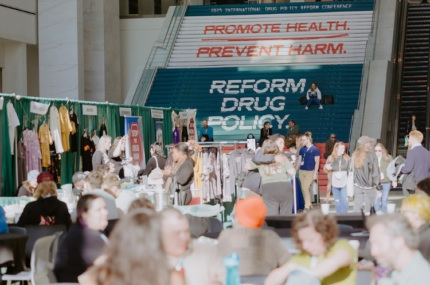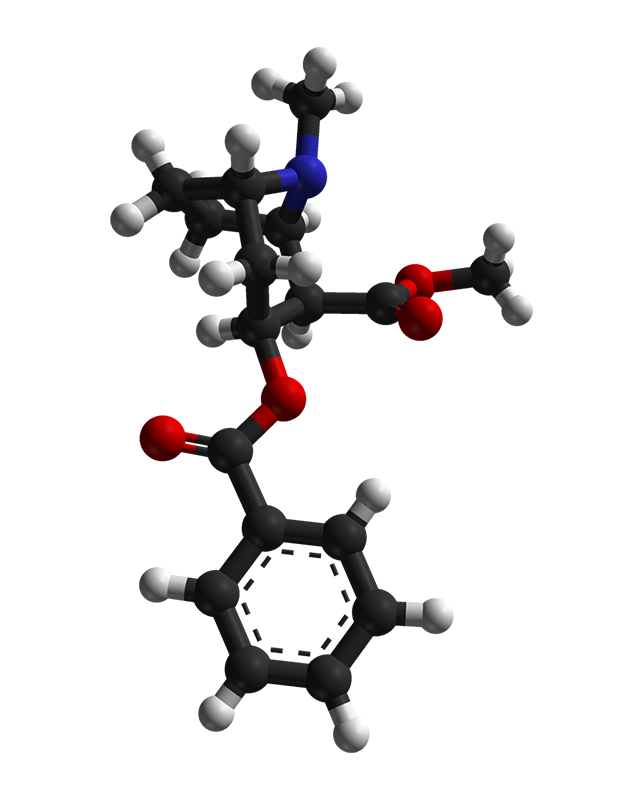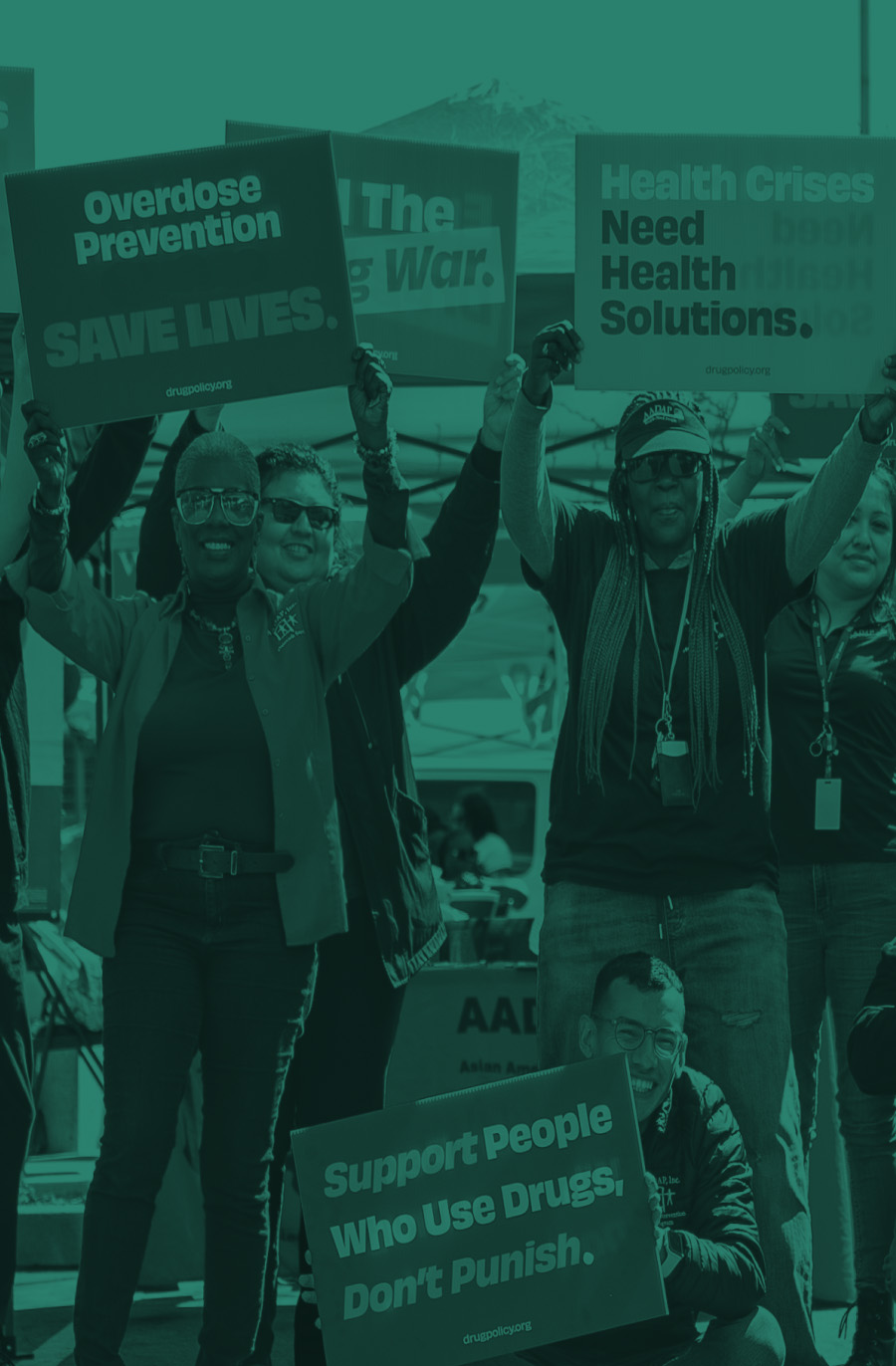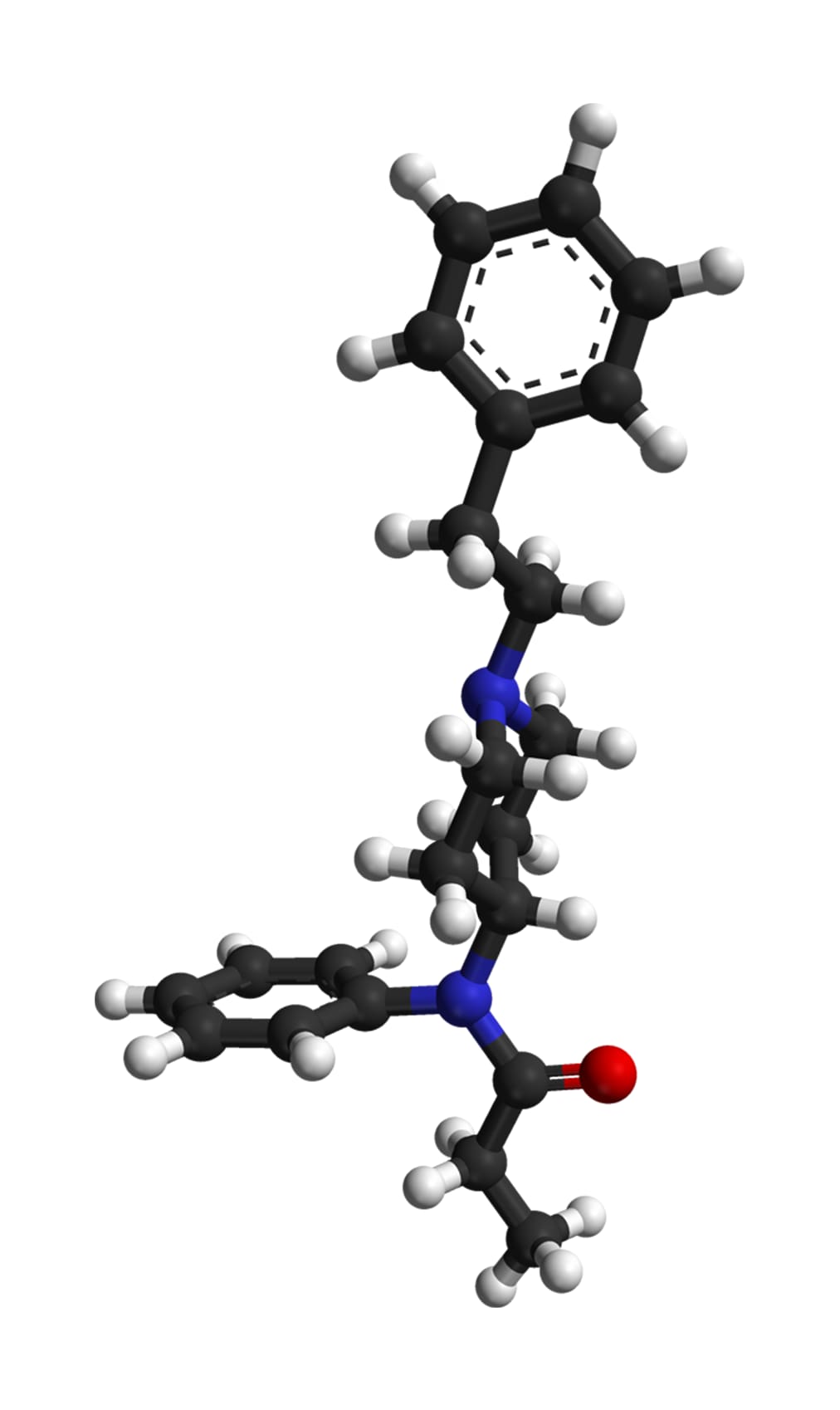What are treatment options for cocaine use disorder?
There are several treatment options, including psychosocial treatment and contingency management.
People with cocaine use disorder have several treatment options if they want help. Substance use disorder treatment involves professionally delivered psychosocial treatment to reduce problematic drug use and improve health and quality of life. These services are provided in a variety of settings. This includes specialized treatment facilities like outpatient, inpatient, or residential centers. It can also include medical settings, such as hospitals and clinics. We at DPA believe that people should be able to choose the options that work best for them.
An evidence-based approach that helps treat cocaine use disorders is called Contingency Management. It involves providing incentives, like money or prizes, for positive treatment outcomes. Decades of research from around the world show that it is a successful approach with diverse populations. Clients often reduce drug use, stay in treatment for longer, and have better health outcomes.
There are currently no FDA-approved medications to treat cocaine use disorder.
Reviewed and updated by Jules Netherland, PhD, and Dr. Sheila P. Vakharia on 5/2/2023.
 Action
Action 




